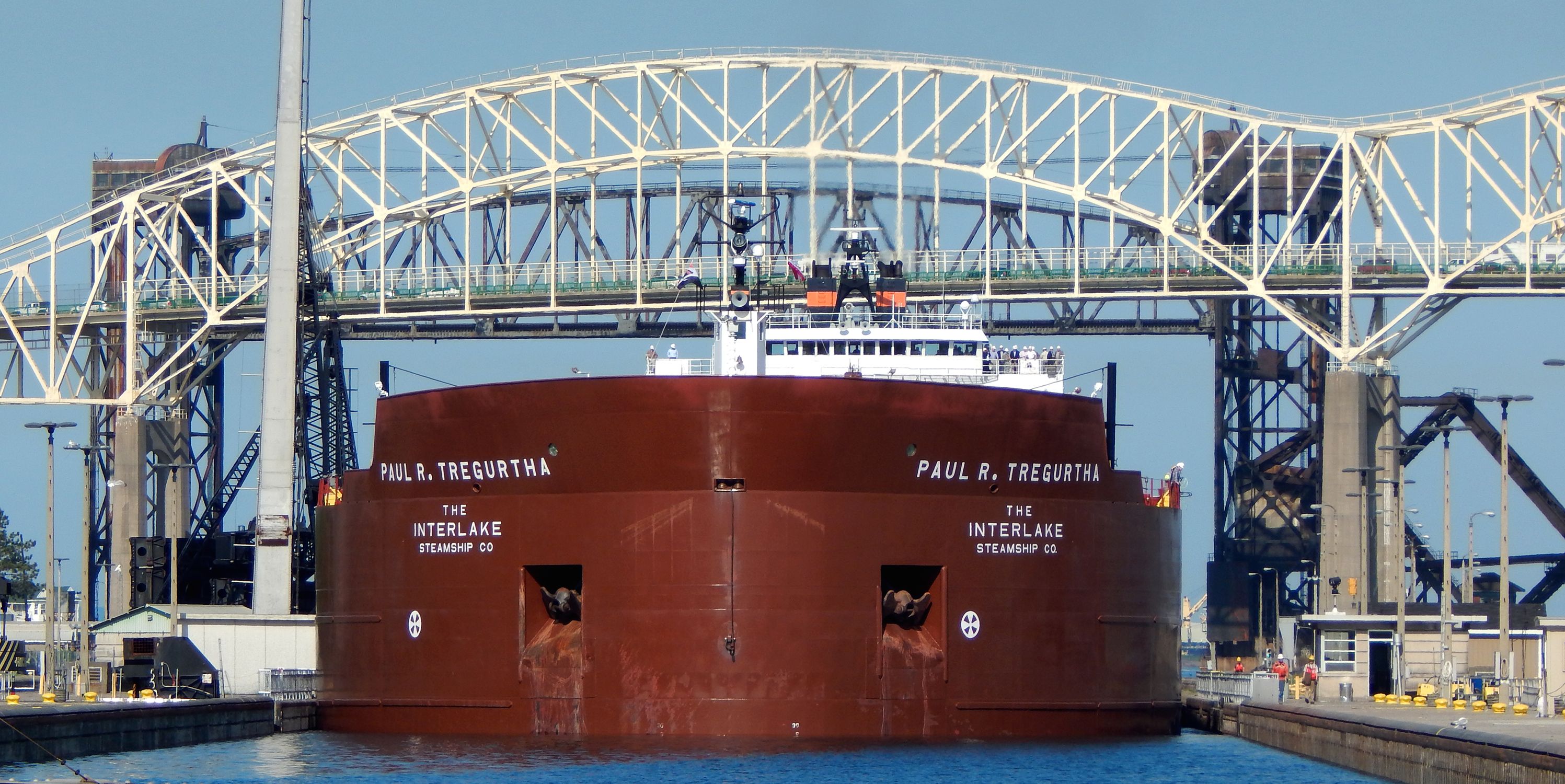The U.S.-based Federal Maritime Commission (FMC) has formally initiated its investigation into the pending Canadian ballast water regulations. The regulations are alleged to be unfavourable and detrimental to U.S. flag Laker vessels.
The FMC voted on June 16, 2020 to issue a “Notice of Investigation and Request for Comments.” The Notice specifies how interested parties can communicate with the FMC in this matter and establishes a deadline for filing comments 30 days following publication of the Notice in the Federal Register.
Comments filed with FMC will supplement information staff collect as they investigate allegations raised by the Lake Carriers’ Association (LCA) in a petition filed at the Commission on March 6, 2020.
In its petition, the LCA alleges that the pending regulations concerning ballast water management, which are under consideration by Transport Canada, are unfavourable to shipping in the U.S.-Canada trade, pursuant to Section 19(1)(b) of the Merchant Marine Act, 1920 (Section 19).
The Canadian regulations, if finalized as proposed, would require vessels in Canadian waters to develop and implement a ballast water management plan. The plan would be imposed upon U.S. flag vessels when loading ballast water after offloading export cargo at Canadian ports.
According to the FMC, Canada contends that the proposed regulations are required pursuant to an International Maritime Organization (IMO) treaty to which Canada is a party, but which the United States is not a signatory.
The LCA contends that the proposed regulations are not mandated by the IMO treaty and that compliance with the Canadian performance standard would be cost prohibitive for its members. The LCA also contends proposed regulations are intended to drive U.S. operators from the cross-lakes trade. The FMC found that the petition met the threshold requirements for consideration and voted on May 20, 2020, to accept the petition.
Section 19 of the Merchant Marine Act, 1920, provides the Commission with authority to investigate and sanction discriminatory conditions caused by laws, rules, or regulations of foreign governments. If the FMC finds that such regulations result in conditions unfavourable to shipping in a U.S.-foreign trade, then Section 19 provides the FMC with several remedies that include: levying fines on vessels calling at U.S. ports, prohibiting vessel calls at U.S. ports, and restricting cargos that may be carried between the U.S. and the foreign country.









